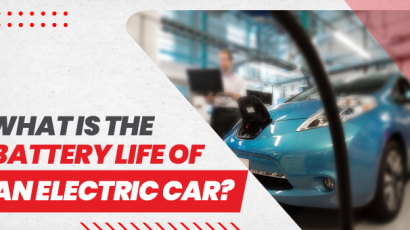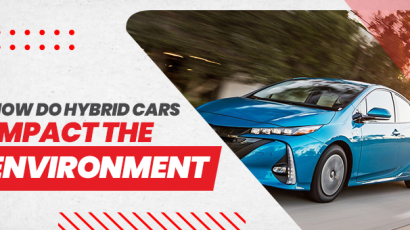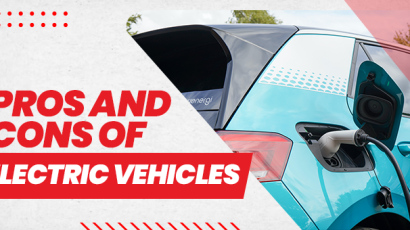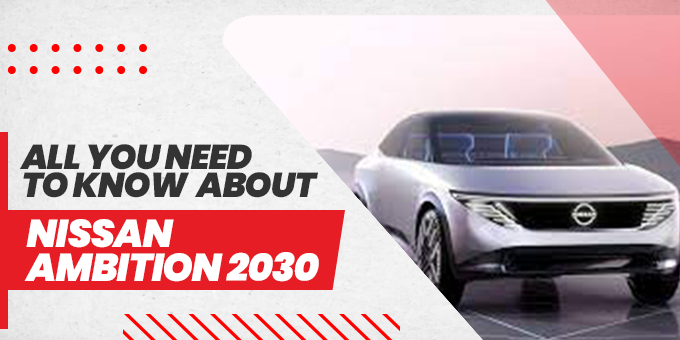
Since its founding in 1937, Nissan has grown to be one of the most successful automakers in the world. In nearly every segment of the automobile industry, the Japanese automaker has established a benchmark, with vehicles such as their practicality-driven hatchback, their user-friendly sedan, the Sentra, the Micra, the Pathfinder, their rugged SUV, and their blisteringly fast sports car, the GTR, all demonstrating the superior engineering ingenuity, versatility, and immense technological prowess.
Nissan has always attempted to push the boundaries of automotive design to differentiate itself from the competition and set out the best Nissan Ambition 2030 price. It seems that the fashionable electromobility market has captured the entire focus of the Japanese manufacturer. Electrification is nothing new for Nissan, whose all-electric Leaf hatchback has only become more enticing and sophisticated with each successive generation. On the other hand, Nissan is on the brink of growing its electric vehicle range with a strong sense of dedication. Their Ambition Vision 2030 is a brilliant illustration of the unending Japanese drive to create a more environmentally friendly and efficient mode of travel.
Nissan Ambition 2030
Prior to delving into the Nissan Ambition 2030 specs and what it hopes to accomplish with its Ambition 2030 initiative, let’s define what Nissan Ambition 2030 is.
Without a doubt, the increase in harmful global carbon emissions is a significant concern that cannot be ignored or ignored any longer. Nissan intends to achieve net-zero emissions by increasing the use of electric vehicles, recognizing that gasoline-powered vehicles are a significant contributor to global carbon emissions and the aid of that electric vehicle in the fight against climate change and the reduction of carbon footprint in automobiles.
Nissan CEO said that Nissan Ambition 2030 would usher in a new age of electrification, improve technology to minimize the company’s carbon footprint, and seek new business prospects in his annual report of the company. Within the next five years, Nissan plans to spend a massive 2 trillion in order to realize this objective.
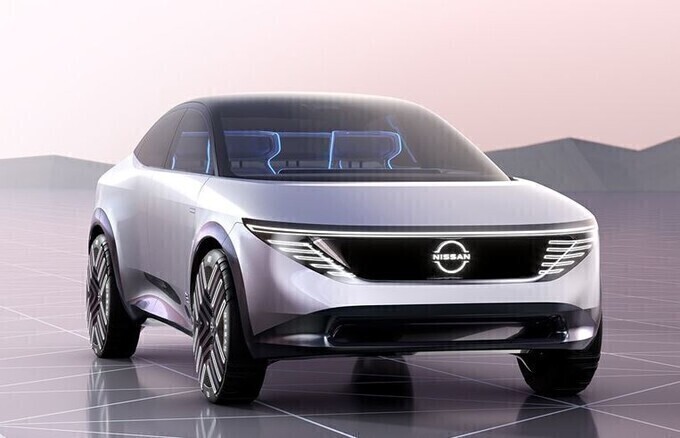
The ambition of Nissan 2030 Strategy for Electrified Mobility
The new long-term goal of the company for enabling mobility and beyond will contribute to the delivery of strategic value by enhancing the experiences of its customers. In addition, it will empower society by enabling the development of a smart environment with integrated mobility via partnerships.
Nissan has established itself as a leader in the field of electric cars by making EVs more accessible to the general public and investing extensively in the development of a dependable, broad charging infrastructure as well as energy management.
One of the main goals of Nissan is to speed up both its vehicle electrification and technological innovation by putting electrification at its center in its long-term plan. Over the following five years, they expect to invest about R37 billion
A Look At The Nissan Electric Vehicles Of The Next Generation
With Nissan Ambition 2030, they expect to introduce 23 new electric models in response to overall consumer demand for a wider selection of more exciting automobiles. By the end of 2030, Nissan plans to have a worldwide electrification blend of more than 50% across their respective brands, including 15 new EVs.
Nissan plans to introduce 20 new electric vehicles and electric powertrains over the next five months and improve its electrification market share across all key markets even by the end of the fiscal year 2026. Introducing three new concept vehicles that will provide greater experiences with Nissan Ambition 2023 reviews due to more advanced technology as part of Nissan’s electrified aspirations for the future.
In this collection of concept electric cars, Nissan showcases the enormous possibilities that exist across a broad spectrum of new sophisticated vehicles and ecosystems.
The Extremely High Levels of Invention
The never-ending effort of Nissan is to inject a smidgeon of enthusiasm into the world of mobility, in general, is nothing short of breathtaking. In addition to continuing to develop its lithium-ion battery technologies, the Japanese carmaker plans to launch cobalt-free technology by the year 2028, which it believes would prove to be very cost-effective.
All-solid-state batteries, also known as ASSB systems, will be used in a broad EV portfolio, allowing the company to reduce the total charge time by an amazing one-third while maintaining dynamic performance characteristics.
In order to fulfill expanding customer car demand, the Japanese automaker intends to develop a worldwide battery supply chain via a number of agreements with companies in the automotive industry. The global battery manufacturing capacity is expected to reach 52 GWh by 2026 and 130 GWh by 2030.
By introducing sophisticated driver-assistance and intelligence technologies, as well as the extension of Nissan’s ProPILOT technology to more than 2.5 million Nissan and Infiniti cars by the year 2026, Nissan Ambition 2030 aspires to make transportation a little more exciting for people on the road. This will allow the passenger to enjoy the Nissan Ambition 2023 interior with its fuel efficiency.
Mobility Has a Bright Future With Nissan Ambition 2023
Automobile journalists from all around the globe have unquestionably noticed the extraordinary efforts of Nissan to create a more environmentally friendly and environmentally sustainable society in the future. It seems that the forward-thinking approach of Japanese automakers to electromobility is only becoming stronger, with the focused, localized manufacture of their next electric vehicle portfolio translating into competitive rates across all areas of the car industry.
Furthermore, Nissan will secure the long-term viability of their car batteries via the extension of their battery refurbishment facilities to new sites in Europe and the United States, therefore contributing to the development of a circular economy in the field of energy management.
Automakers in Japan are aiming to completely commercialize their home battery systems by the middle of the 2020s, and they plan to spend up to $17 million in charging infrastructure by that time.
Dedicated to a greener and more sustainable future, the vision of Nissan is a culmination of passion, devotion, and amazing attention to detail. It is expected that the Japanese manufacturer would add fuel to the fire that is already blazing in the electromobility industry with its authority. Their electric vehicle collection demonstrates creativity, efficiency, and high levels of desire. With the future of electric vehicles and transportation, in general, looking brighter than ever, the vision of Nissan Ambition 2030 is the long-term transformation strategy that will produce jobs, allow cost-savings, and unquestionably assist underline the significance of electrification to a large degree.
Nissan As The Universal Batteries Supplier
Electric cars may now be offered in more categories and with greater dynamic performance when Nissan introduces new solid-state battery technology. A third of the charging time may be cut by the use of the patented all-solid-state batteries of the company.
As the number of electric vehicles on the road rises, so does the need for batteries, which is driving Nissan to create a worldwide battery supply chain. Nissan wants to raise its worldwide battery manufacturing capability to 52 GWh even by the end of the calendar year 2026 and 130 GWh through the end of the year 2030, with the assistance of its partners.
As part of the Nissan Ambition 2030 initiative, they also intend to make sophisticated driver-assistance and intelligence technology accessible to a wider audience. Together, these initiatives will help Nissan maintain its global expansion of innovative mobility services and collaborations.






